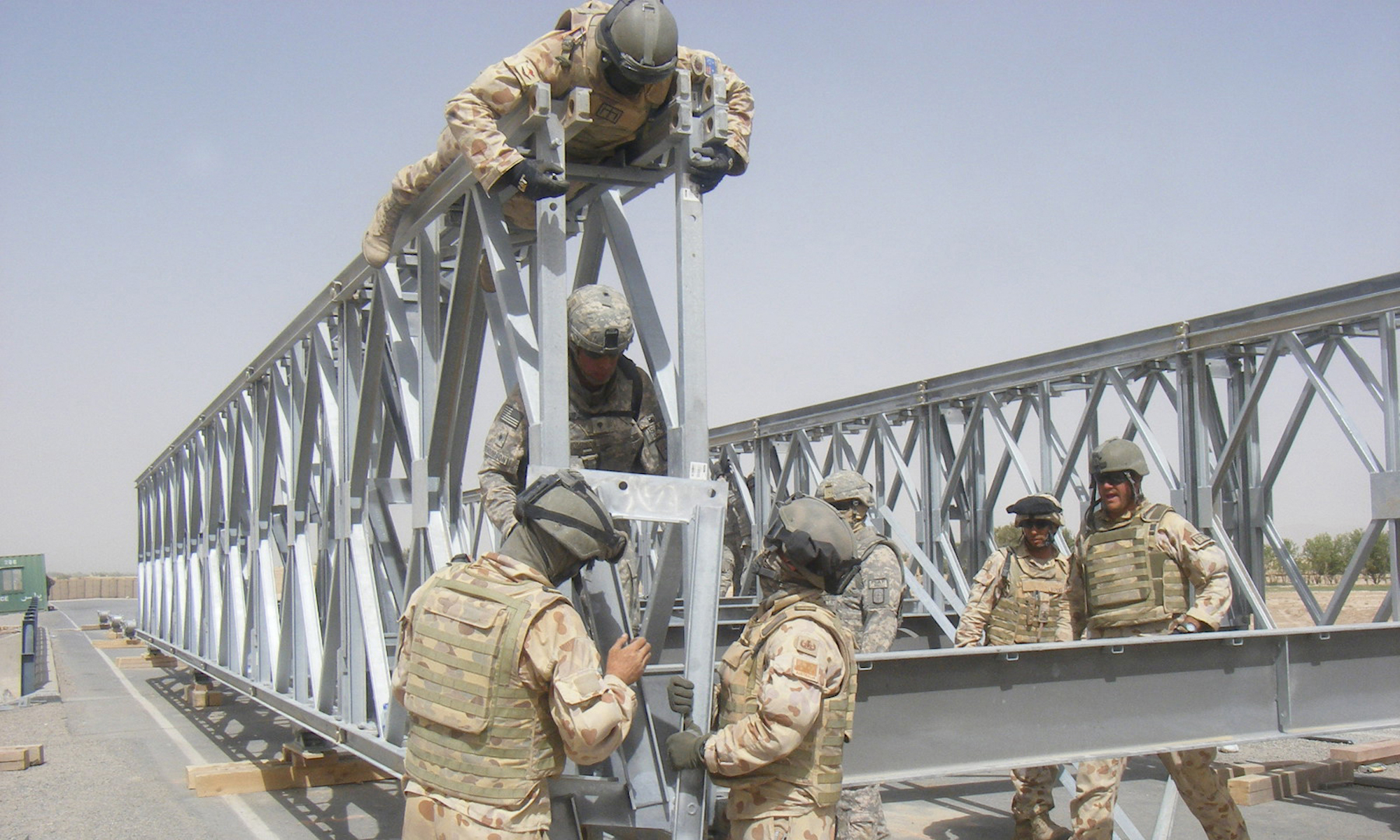The world breathed a sigh of relief at the announcement of a new Iraqi government on 21 December 2010. After nine months of wrangling following the 7 March elections, Prime Minister Nuri al-Maliki finally engineered a deal that kept him in place at the head of a 42-person cabinet. Maliki was unable to name a full coterie of ministers; ten of the portfolios, including the main security ministries, are being managed on a temporary basis by other ministers until permanent nominations are made. Nevertheless, approval of the cabinet brought to an end a crisis that left the political system in limbo and saw a deterioration of the security situation.
But now the deed is done, a much bigger question looms: will the government be able to manage Iraq, stabilise the country further and heal the internal divisions that threaten its long-term security?
